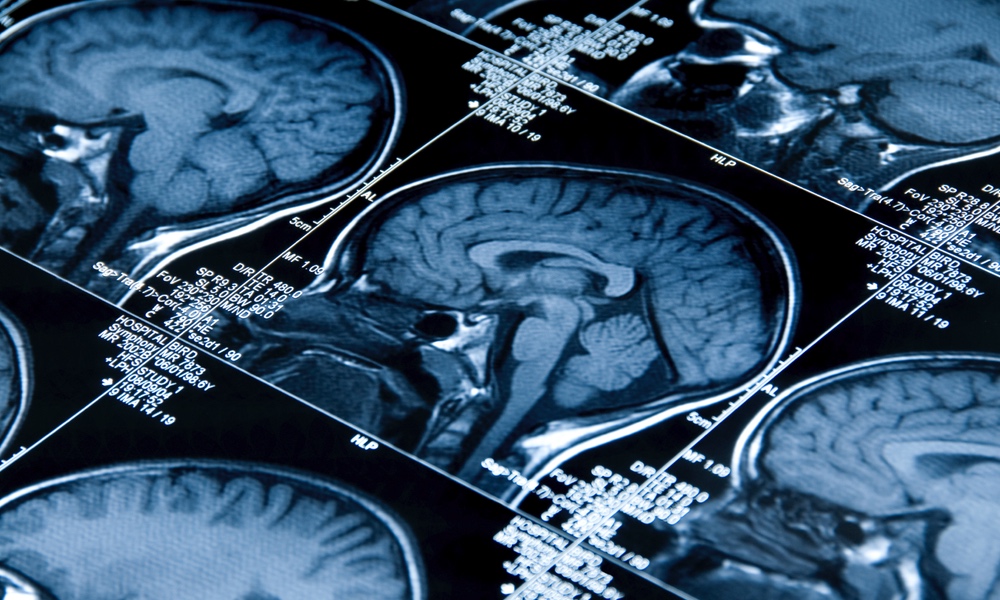Be kind to yourself — it's good for your mental health and overall well-being. The physiological basis for the benefits of self-compassion are not well understood, so scientists in Europe decided to see how it works to protect people’s health. They also hoped to find ways self-compassion could be used for mental health issues like depression.
“Previous research has found that self-compassion was related to well being and better mental health, but we didn’t know why,” Anke Karl, lead author on the study, said in a statement. She went on to say the study is helping the researchers learn how self-compassion when things go wrong could improve treatments for conditions like anxiety and depression.Self-compassion is like a muscle: the more people practice being kind to themselves, the easier it becomes, until it becomes automatic.
Over 130 British university students were enrolled in their study. They were divided into five groups, with each group listening to a different set of audio instructions. Two self-compassion groups were instructed to direct compassionate thoughts and feelings toward themselves and loved ones; the self-critical group was instructed to think about something they didn’t do as well as they wanted to. Another group, the excitement group, was told to think about something they did really well; and the control group was led through a routine grocery shopping exercise.
Participants’ levels of stress were measured by heart rate and their skin's sweat conductance. They were also asked to describe how they were feeling.
People who were told instead to think self-critically had a higher skin conductance stress response and a faster heart rate. Both indicate the body's reaction to distress and fear, the fight-or-flight response.
Many people with mental health conditions, like depression and anxiety, experience chronic stress, which can weaken the immune system over the long run. “Self-compassion reduces the body’s threat and distress response,” Hans Kirschner, lead author on the study, told TheDoctor in an email. “People can counter the effects of chronic stress by consciously remembering to be kind to themselves.”
Self-compassion is like a muscle: the more people practice being kind to themselves, the easier it becomes, until it becomes automatic.
The University of Exeter researchers hope future studies will include people of more diverse and larger populations, and include those suffering from depression. “My sense is that for those prone to depression, meeting their negative thoughts and feelings with compassion is a radically different way of being...,” Willem Kuyken, a co-author of the study, said in a statement.





